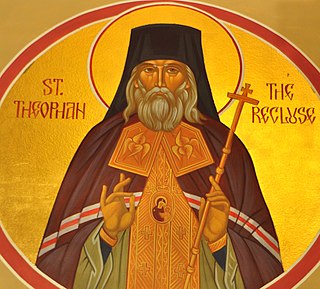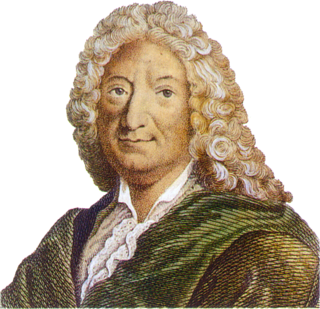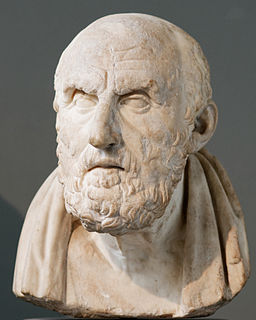A Quote by Socrates
Every pleasure or pain has a sort of rivet with which it fastens the soul to the body and pins it down and makes it corporeal, accepting as true whatever the body certifies.
Related Quotes
The chief evil with relation to the body is love for the body and pitying it. This takes away all the soul's authority over the body and makes the soul the slave of the body. And on the contrary, one who does not spare the body will not be disturbed in whatever he does by apprehensions born of blind love of life. How fortunate is one who is trained to this from childhood!
It is God's earth out of which man is taken. From it he has his body. His body belongs to his essential being. Man's body is not his prison, his shell his exterior, but man himself. Man does not "have" a body; he does not "have" a soul; rather he "is" body and soul. Man in the beginning is really his body. He is one. He is his body, as Christ is completely his body, as the Church is the body of Christ
When thou diest, thy soul will be tormented alone; that will be a hell for it, but at the day of judgment they body will join thy soul, and then thou wilt have twin hells, thy soul sweating drops of blood, and thy body suffused with agony. In fire exactly like that which we have on earth thy body will lie, asbestos-like, forever unconsumed, all they veins roads for the feet of pain to travel on, every nerve a string on which the devil shall forever play his diabolical tune of 'Hell's Unutterable Lament'.
Consider that all these torments of body and soul are without intermission. Be their suffering ever so extreme, be their pain ever so intense, there is no possibility of their fainting away, no, not for one moment ... They are all eye, all ear, all sense. Every instant of their duration it may be said of their whole frame that they are 'Trembling alive all o'er, and smart and agonize at every pore.' And of this duration there is no end ... Neither the pain of the body nor of soul is any nearer an end than it was millions of ages ago.
Your soul has a special mission. Your soul is supremely conscious of it.
Maya, illusion or forgetfulness, makes you feel that you are finite, weak and helpless. This is not true. You are not the body. You are not the senses. You are not the mind. These are all limited. You are the soul, which is unlimited. Your soul is infinitely powerful. Your soul defies all time and space.
An adept of Kriya Yoga conquers death by taking the soul beyond identification with the physical body, consciously and at will; and then returning to the consciousness of the mortal form again. By this process, he experiences the body as merely the material dwelling place of the soul. He can remain therein as long as he wants; and after that body has fulfilled its usefulness, he can quit it at will without suffering physical pain or mental pain due to attachment, and enter his omnipresent home in God.
While the body is young and fine, the soul blunders, but as the body grows old it attains its highest power. Again, every good soul uses mind; but no body can produce mind: for how should that which is without mind produce mind? Again, while the soul uses the body as an instrument, it is not in it; just as the engineer is not in his engines (although many engines move without being touched by any one).








































